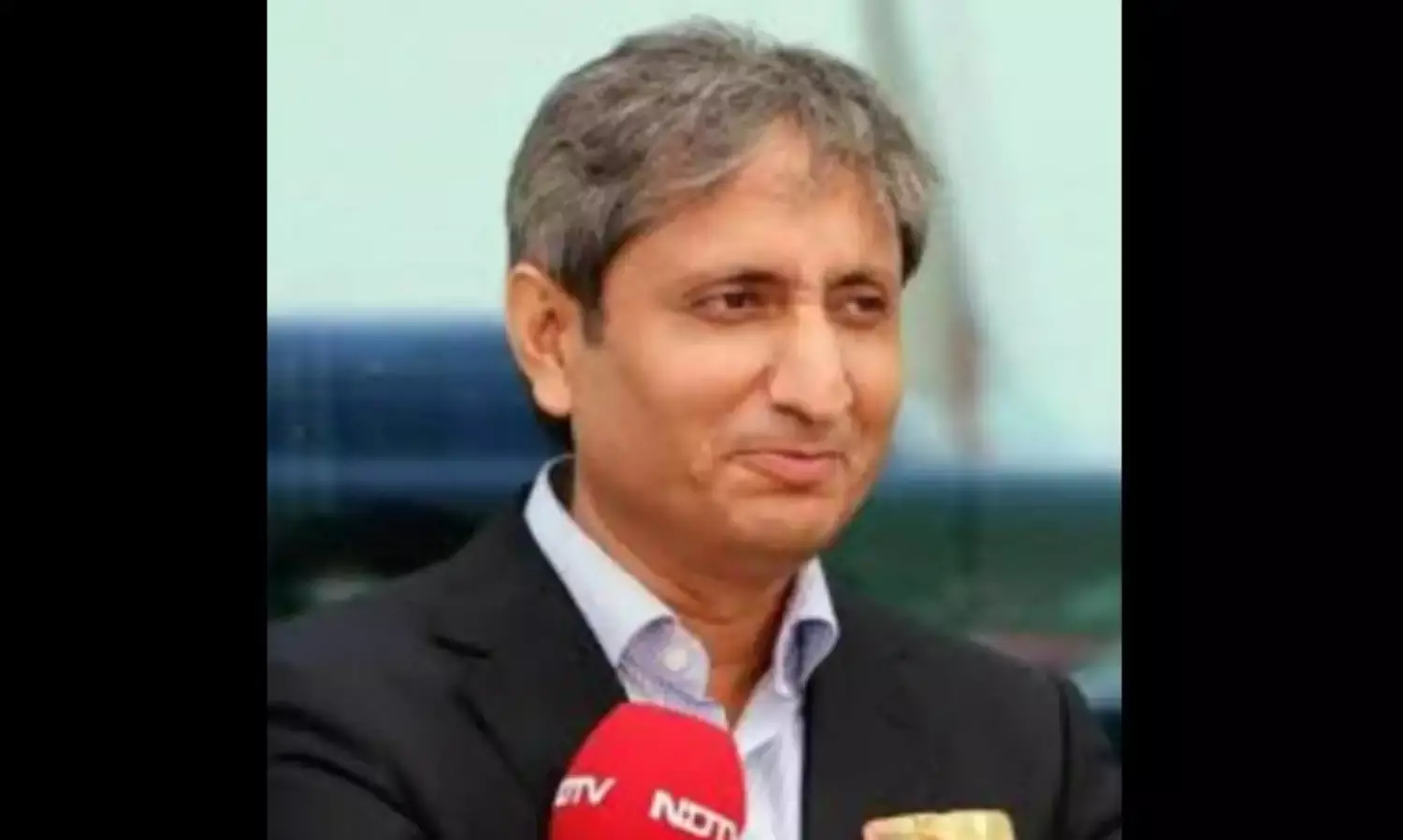'Magsaysay for Ravish Kumar a Victory of Progressive Forces, Sanity and Humanity'
An activist and former Magsaysay awardee congratulates the anti-establishment journalist

There could not have been a better choice than Ravish Kumar for this year’s Ramon Magsaysay Award.
Ravish has demonstrated exemplary courage in questioning the sectarian, communal, jingoistic and irrational politics dominating the narrative in this country over the last five years, as one by one most of the saner voices were made to disappear, as some made compromises or simply surrendered, or worse, decided to collaborate with this insidious project.
Only a few voices like Ravish Kumar’s held the fort, reminding us what the role of the media is in a democracy. Otherwise the media, especially the TV channels, have started resembling the lynch mobs on a free run.
NDTV must also be commended for having persisted with Ravish, in what must have been a very tough situation for them.
The Magsaysay Award will definitely bring more credibility to his work, and hopefully some of the opposition from right wing forces, who are known to troll in an organised manner any sane voice in support of human rights, democracy, justice, communal harmony, or peace and friendship with Pakistan – and who have targeted Ravish in the past – will subside.
However, the aura of Magsaysay is quite exaggerated in India compared to other Asian countries, and outside of Asia very few people have heard of it. This is probably because many well known Indians have won it. But the Magsaysay Foundation itself is not infallible, unlike its reputation.
I went to Manila in 2002 to receive the Magsaysay Award and to participate in a peace conference organised at the university there in the backdrop of the impending US attack on Iraq. There was a demonstration outside the US Embassy the day after the award ceremony. The chairperson of the Foundation asked me not to participate in the demonstration as it could tarnish its image.
When I mentioned that my Magsaysay citation referred to my global peace march for nuclear disarmament from Pokhran to Sarnath in 1999 and my stand against wars and armament was well known, she said I was free to oppose my own government but I should not oppose the US government in Manila.
I argued that the US was a bigger culprit in the game of warfare and I considered it part of my activism to oppose US policy.
Before landing in Manila I had little idea that the Foundation is completely US funded – by the Rockefeller and Ford Foundations. Obviously the Magsaysay Foundation was quite uncomfortable with my stand.
The fears of the Magsaysay Foundation came true. Even the Hindi media back home covered the demonstration outside the US Embassy in Manila highlighting my participation. An editorial in a Manila newspaper asked me to return the $50,000 award money to the US Embassy before I returned to India if I was the principled man I wanted them to believe.
I returned the cheque from the airport before embarking on the plane back to India.
I wanted to preserve my freedom to participate in the anti-Pepsi and Coca Cola movements going on in India, and not be questioned by the Magsaysay Foundation every time I took a stand contradictory to the US government or its policies.
Nevertheless the award is prestigious and is definitely protection against the autocratic tendencies of the state and its cronies in India, especially for human rights defenders and upright journalists like Ravish Kumar.
One hopes that the right wing fundamentalists will now take his viewpoint more seriously, and the media fraternity will start considering him an ideal rather than an exception. He emerges as a hope for a free media in India, and by extension a democratic polity.



